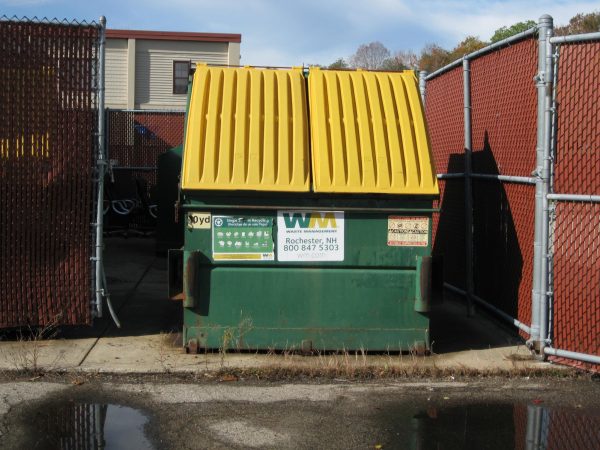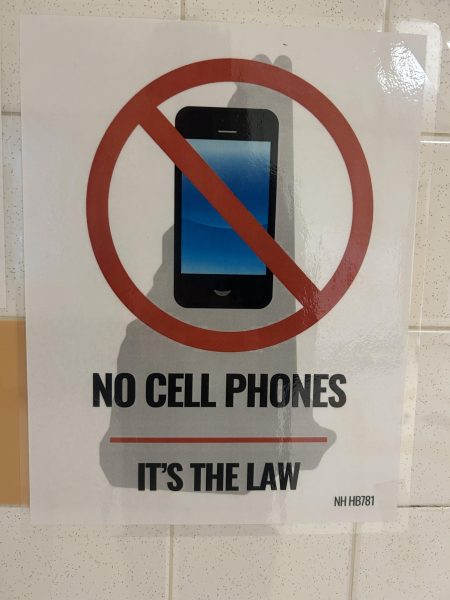Homework Debate: “We believe in balancing and designing intentional learning experiences,” says Mrs. St. Laurent
Homework is something all students have to do. It is an extension of learning outside of the classroom. But how much of it is truly beneficial, and can there be too much of it?
Mrs. St. Laurent, Director of Curriculum at Portsmouth High School, says, “We believe in balance and designing intentional learning experiences for our students both inside and outside of school.”
As far as how much homework students should be getting, St. Laurent says, “It all would depend on the class and learning experiences within it.”
“The ultimate goal is for students to be so engaged in their learning that their continuation of knowledge happens outside of school and they are bringing that back to class to share and grow alongside their peers and teachers,” continues St. Laurent.
The amount of homework varies depending on each class. “I think [students are] probably getting between 1.5 to 2.5 hours of homework and studying per night,” says Mr. Tom Bruno, a health science technology teacher.
“I think that is very dependent on the strategies in which they were trained to study. If a person has a system and a habit of having a place to study and a time to study, one person could take an hour and a half and another person might take three hours,” continues Bruno.
Some students find balancing homework and life detrimental to a student’s mental health. “I think [homework] takes away time from spending time with family and friends and a lot of self care stuff,” says Alice Weir, a PHS senior.
Ariana Incollingo, also a PHS senior, agrees, “Yeah, I get really stressed out, and don’t have time for myself.”
Bruno adds saying, “Students are exhausted from sports and practices. They get home around 9/9:30, and don’t have the energy to start their homework. Then, when it comes time for the test and they get a bad grade, that’s when the stress and anxiety comes in.”
“Students should be able to tell a teacher about the activities they participate in outside of class. It is hard to talk about the bad things, but brag about the good things and learn your value. This being said, it shouldn’t impact the amount of homework they are getting, it just allows room for teachers to better understand their students’ lives,” says Bruno.
The student handbook currently has no specific policy regarding homework and its regulation, but the handbook is under review for the 23-24 school year.







